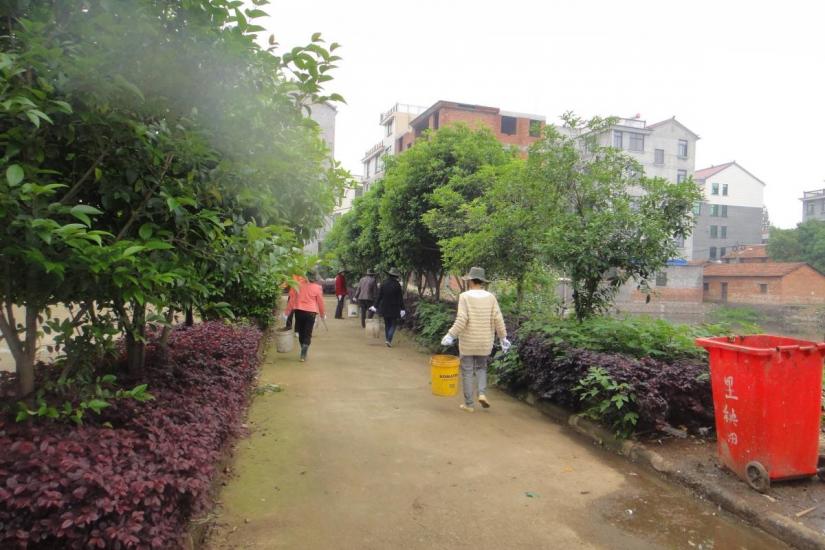
Electoral gender quotas have been introduced in many countries around the world. China is no exception. Despite a short democratic election tradition and a long history of patriarchal customs, China is keen to promote its women’s political participation at the grassroots. The author analyses the Chinese government’s motivations for imposing electoral quotas for women’s political participation in village governance. Taking Zhejiang, one of the most developed coastal provinces in China, as an example, the article studies the reserved seats elections for both women representatives in the village assembly and women members in the villagers’ committee. By examining the policies, measures, and implementation of such election practice, the author argues that the current institutional arrangement of rural women’s political participation has on the one hand effectively increased the number of women participating in grassroots polity and helped them to get access to power, but caps women’s number and confines women to gendered working roles on the other. In the long run, however, there are prospects for the improved redistribution of power positions between men and women and the lessened reproduction of gendered roles of women members.
Yu Song is a Junior Global Challenges Fellow at the Institute for Advanced Study and School of Public Policy (November 2016-Feburary 2017). Dr. Song is currently on a research leave from the Department of China Studies, Xi’an Jiaotong-Liverpool University (XJTLU) where she is an associate professor in China Studies. At XJTLU, she teaches courses on Understanding Gender in China, and China Family and Society. Dr. Song obtained her PhD from Zhejiang University, China, in 2008. Her current research interests include gender and social changes, village governance and politics, land policies, urbanization and migration, and elderly care in China.